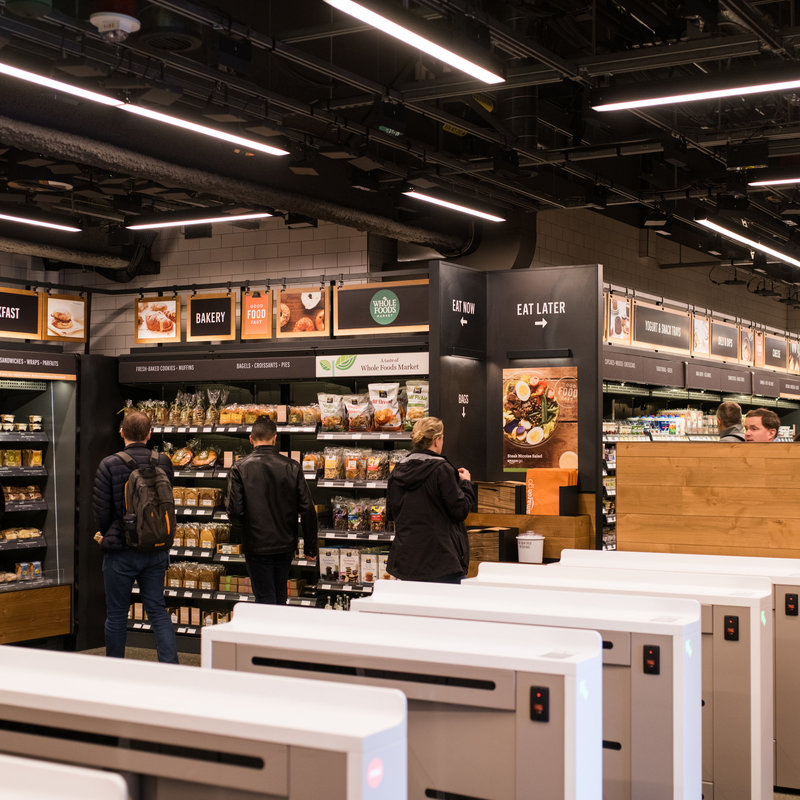|
Depending on your perspective, some very interesting things are happening right now in our markets. Amazon Go has just opened in Seattle, where you enter the store by a QR code on your phone and you can literally just pick up the products you want, put them in your Amazon bag, and walk out. Cameras and sensors detect all of your purchases, which apply to your Amazon account. The New York Times mentions that there are currently about 3.5 million cashiers in the United States. It will, of course, take time to disrupt an entire occupation; however, we are certainly heading in that direction with our technological advances. It is not that this is inherently bad, we can see efficiency gains in our system; however, we need to ensure that our populations are skilled to move with these industrial changes.
Before you read this and think, well this will always be the case for jobs that require less formal education or without specialized levels of skills- I want to call your attention to one other change that shows even our most technologically skilled can be outpaced by Artificial Intelligence and machine learning programs. No, I am not going to tell you about how AI has beaten the best humans in chess or the board game Go (a much harder feat) based on training, and learning, by playing itself. No human input is actually even needed (See article here). Google has created an AI that, get this- creates other AIs. Google is using deep learning neural networks to write programs that write their own, more efficient programs. According to Google, these programs are better than what many of Google's top programmers could do. The implications of all of this are TBD, but programming jobs had seem the one safe haven in a postindustrial economy. Maybe so, but maybe not. Of course, as pointed out by this article in WIRED, these neural networks are black boxes that are assuming more and more responsibility for how decisions are made and even changing the way we "think about ourselves, our world, and our place within it."
2 Comments
|
Eric StokanI am an assistant professor of political science at the University of Maryland Baltimore County (UMBC). I completed my Ph.D. in Public Policy and Public Administration at George Washington University. Archives
February 2022
Categories |

 RSS Feed
RSS Feed